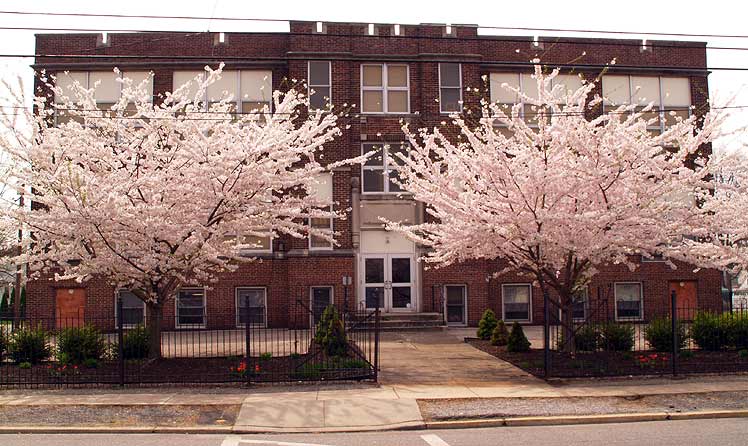Unbound
1886 · Onboard U.S. Steamer Cosmopol, Saint John's River, Florida / Savannah
by (PETTIBONE, Louise)
Onboard U.S. Steamer Cosmopol, Saint John's River, Florida / Savannah, 1886. Unbound. Fine. Three leaves folded to make 12pp. Fine. A pencil-written four-page shipboard letter from Saint John's River dated on Wednesday, 11 April 1886, continued three days later in an eight-page letter written in ink from Savannah. Signed "Sister" and addressed to "Brother," both the writer and recipient were from the Pettibone family of Winchester, Connecticut. Old folds, some rubbing on one penciled leaf, but overall very readable and otherwise fine.
"Sister" gives an account of going to Florida on her vacation from school. The first four pages tell of a (truncated)
"Sister" gives an account of going to Florida on her vacation from school. The first four pages tell of a (truncated)






![[Cover title]: The Negro in World War II. A Record of Achievment. Vol. I [All published]](https://d3525k1ryd2155.cloudfront.net/h/158/559/1679559158.0.m.jpg)
